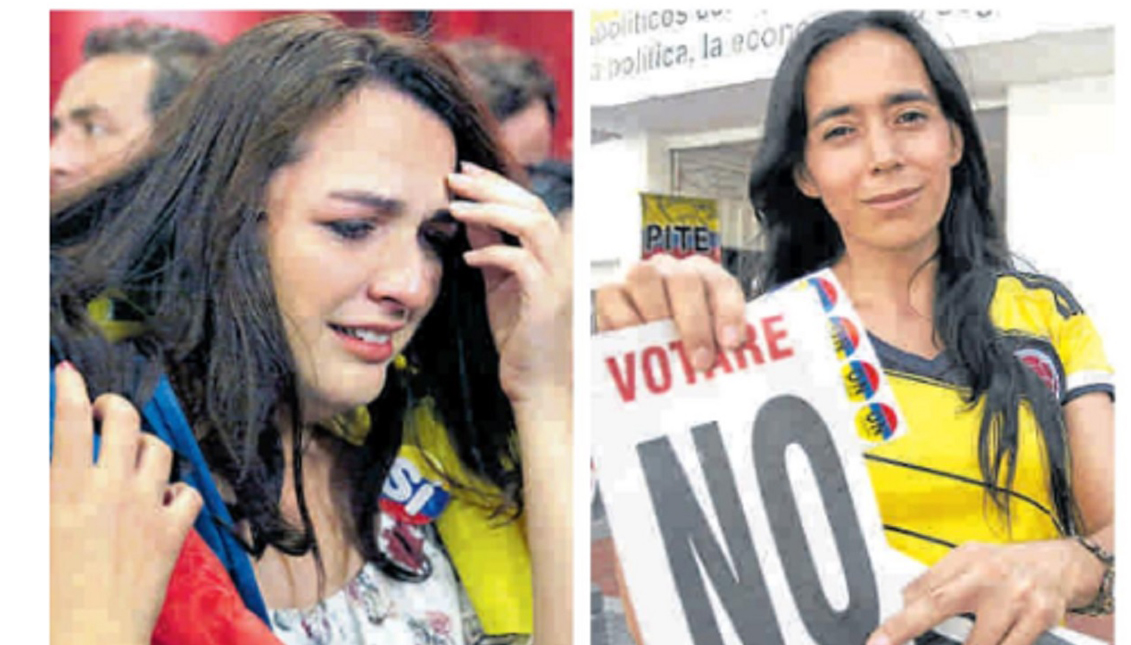
Five years ago, lies won | OP-ED
In 2016, the then president of Colombia decided to go to a plebiscite to endorse the peace agreement that ended half a century of war. The result was puzzling.
Publicly, the peace negotiations between the Colombian government and the FARC guerrillas began nine years ago to put an end to more than 50 years of war.
From the beginning of the negotiations, the extreme right, led by former president Álvaro Uribe and his Democratic Center party, opposed and launched a media offensive to discredit the peace process. He resorted to lies such as that Colombia would become Maduro's Venezuela, that pensioners would lose their allowances, that the country would remain in the hands of the FARC, that it was an impunity agreement, that the expropriation of landowners was coming ...
This year marks the fifth anniversary of the signing of the Acuerdo Final (final agreement), after four negotiations in Havana and the support of the International Community. On September 26, 2016, in a historic act in Cartagena, before the eyes of the world, Santos and Rodrigo Londoño, head of the FARC, put an end to the war.
It has also been five years since something extraordinary occurred. On October 2, at the initiative of President Santos, Colombians voted in a plebiscite to endorse what was signed. But the unthinkable happened. The question of the plebiscite was: "Do you support the‘ Final Agreement for the termination of the conflict and the construction of a stable and lasting peace ’?" and the NO won, to the surprise of the national and international community. Those who voted for YES came from the regions where the war was concentrated for decades. The NO won in the cities, which lived through the conflict at a distance. The difference was 53,908 votes.
Three days later, Juan Carlos Vélez, manager of the NO campaign, admitted the strategy of lying in an interview with the newspaper ‘La República’. "We were looking for people to go out to vote furious," he said, and gave details.
RELATED CONTENT
On November 24, after adjustments and consultations with the Democratic Center, the Agreement was re-signed at the Teatro Colón in Bogotá.
In 2018, Iván Duque, from Uribe's party, won the presidency. Since then, the government and the Congress, dominated by the extreme right, have put obstacles to the implementation of the Agreement, which seeks to improve living conditions in rural areas.
Of course, the lies were confirmed. Neither the country was left in the hands of the FARC, nor did it become Venezuela, there was no expropriation and there is no impunity because the court created from the Agreement has advanced more than ordinary justice in investigating war crimes and crimes against humanity.
But the war returned with other armed groups and the lack of a state presence where the FARC previously ruled. The old guerrilla became a political party and 292 ex-guerrillas who laid down their arms have been assassinated.










LEAVE A COMMENT:
Join the discussion! Leave a comment.